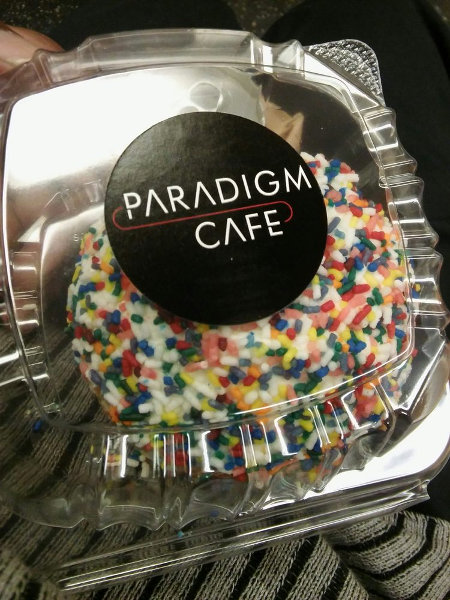A YouTuber's review of Timothy Carey's film The World's Greatest Sinner. Frank Zappa wrote the score in the early '60s when he was a broke unknown and described it as the "worst movie ever made" during his legendary Steve Allen appearance. Career oddball Carey was essentially a performance artist working in the film medium, and enlivened two Kubrick projects, The Killing and Paths of Glory. TCM shows Sinner occasionally but I haven't seen it in its entirety (yet).
Interview with David Walley, who wrote the 1971 Zappa biography No Commercial Potential. Zappa hated the book because it dared to describe his faults, and he badmouthed Walley in interviews. Walley updated it in 1980 at the request of the publisher and updated it again after Zappa's death in 1993. The updates don't continue the "Zappaesque-collage-with-interviews" style of the original text and they have a sadder-but-wiser tone but they merit reading. Walley admired Zappa's music despite reservations about the "darkness" of his vision: "a universe of no hope and putdowns." The interview captures the love-hate spirit.
Walley notes in the interview that Zappa wasn't always the best judge of his own work -- including which older projects needed improvement. Never was this clearer than the disastrous 1984 CD remix of We're Only In It For The Money, where Zappa dubbed in new bass and drum playing to punch up the original sound. This web page goes into exhaustive detail on the changes and Zappa's shifting justifications for them.
I knew the Zappa kids were feuding after mom Gail died. It's interesting to compare this family interview from when she was still alive with this posthumous one. Apparently she didn't prep the kids that they'd be getting unequal shares in the Zappa Family Trust (30% each for Ahmet and Diva, 20% each for Moon and Dweezil). As Kazanian says (admittedly tangentially) in Dario Argento's film Inferno: "[T]he only true mystery is that our very lives are governed by dead people." First Zappa by creating a monster creative legacy and then Gail by doling out who profits from it.

